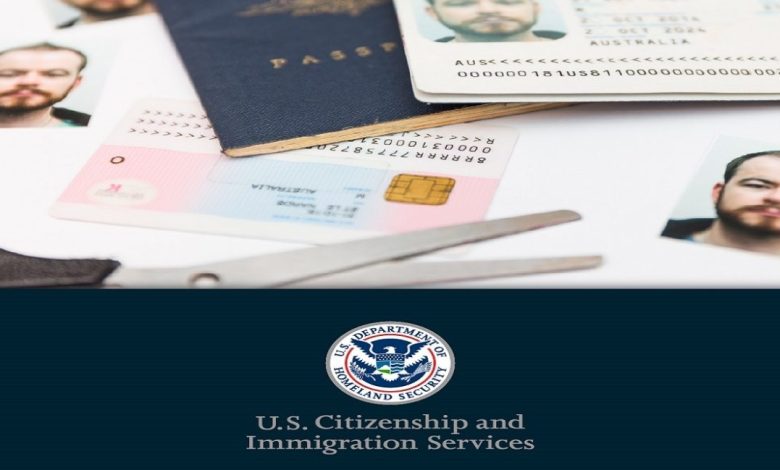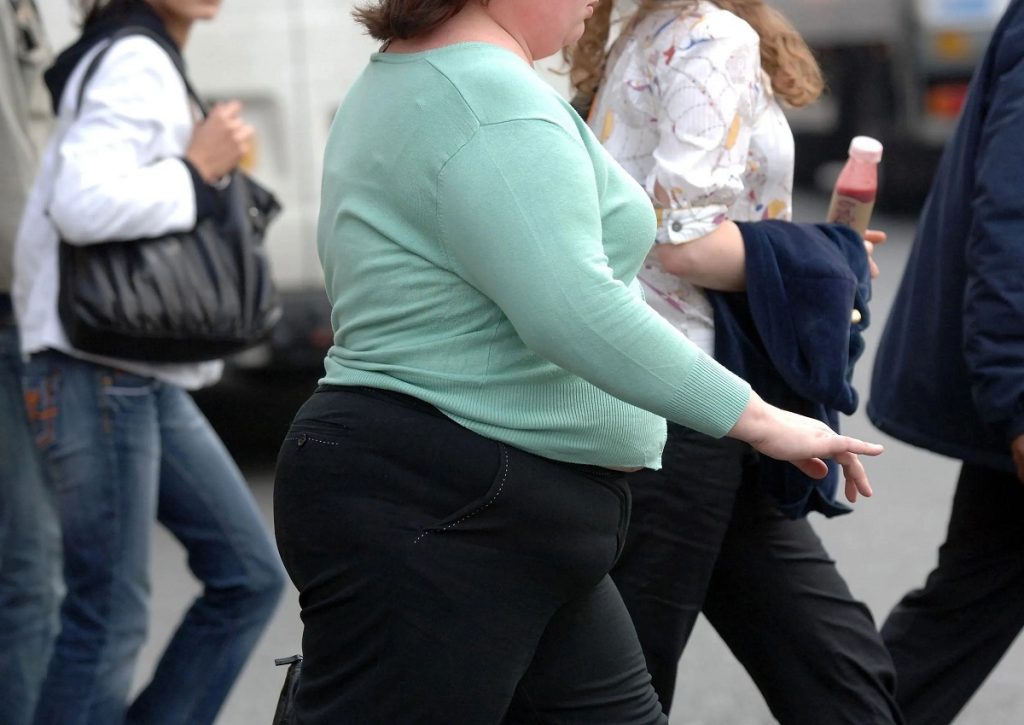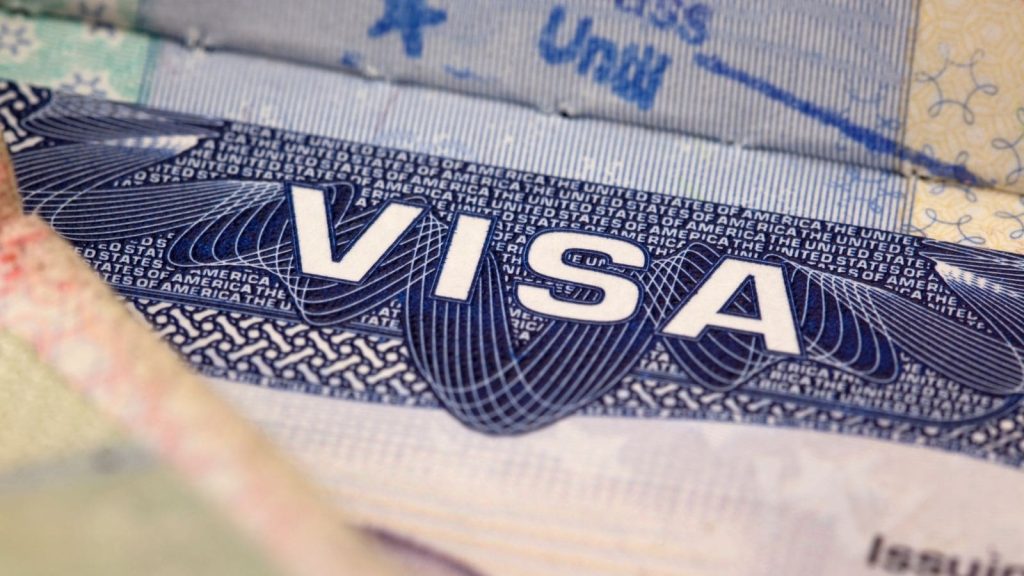Trump Administration Directs U.S. Consulates to Deny Visas for Applicants with Obesity and Chronic Illnesses
A leaked State Department memo reveals new visa screening rules targeting applicants deemed health or financial risks, sparking backlash and discrimination concerns.

The administration of President Donald Trump has instructed U.S. consulates worldwide to deny visa applications from individuals suffering from obesity or unable to cover long-term healthcare costs in the United States.
An internal State Department memo revealed that the list of health conditions to be considered includes obesity, diabetes, hypertension, sleep apnea, heart and respiratory diseases, certain cancers, as well as neurological and psychological disorders.
In an official statement, Tommy Pigott, Deputy Spokesperson for the State Department, said that these guidelines are not intended to target specific groups but rather to protect American taxpayers from the high healthcare costs that may arise if immigrants are unable to support themselves medically.

U.S. Customs and Border Protection clarified that legitimate travelers have nothing to fear from the new measures, noting that only those attempting to deceive authorities or enter the country for unlawful purposes could face detention or deportation.
According to the memo, consular officers must evaluate an applicant’s health status and determine whether they have sufficient financial resources to cover their lifetime medical needs without relying on public assistance. The rule also extends to dependents and accompanying family members who might require long-term care in the United States.
The guidance further requires retired applicants to prove they can support themselves without employment income, noting that nursing home care can cost hundreds of thousands of dollars annually.
The leaked memo has ignited widespread controversy on social media, especially due to the focus on obesity as a disqualifying factor. The phrase “high-calorie humans” began trending sarcastically online, mocking the new policy. According to data from the Centers for Disease Control and Prevention (CDC), over 40% of U.S. adults are obese, and about 9% are severely obese — groups that could be disproportionately affected by the new directive.

Experts warn that the policy could open the door to discriminatory practices. Dr. John Buse, a professor of medicine at the University of North Carolina, said that excluding applicants based on chronic health conditions could affect the majority of adults, noting that even U.S. residents face uncertain healthcare coverage. He added that the policy is nearly impossible to apply accurately, except for the extremely wealthy.
Similarly, Erin Corcoran, a migration and policy researcher, described the policy as a new attempt to restrict immigration by framing migrants as health or financial burdens, despite the lack of evidence. Public health expert Barry Popkin added that the policy would disproportionately harm minorities — particularly Latinos, Middle Easterners, and South Asians — who face higher diabetes risks even at lower obesity levels.
Despite the ridicule surrounding the policy, which has trended online under the hashtag “high-calorie humans,” the State Department insists that the aim is to ensure that visa applicants can finance their own healthcare without imposing additional burdens on U.S. taxpayers. Meanwhile, public debate continues over the legality and ethical implications of applying such guidelines broadly.



